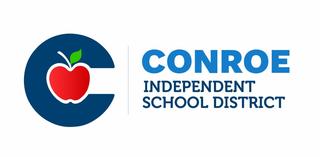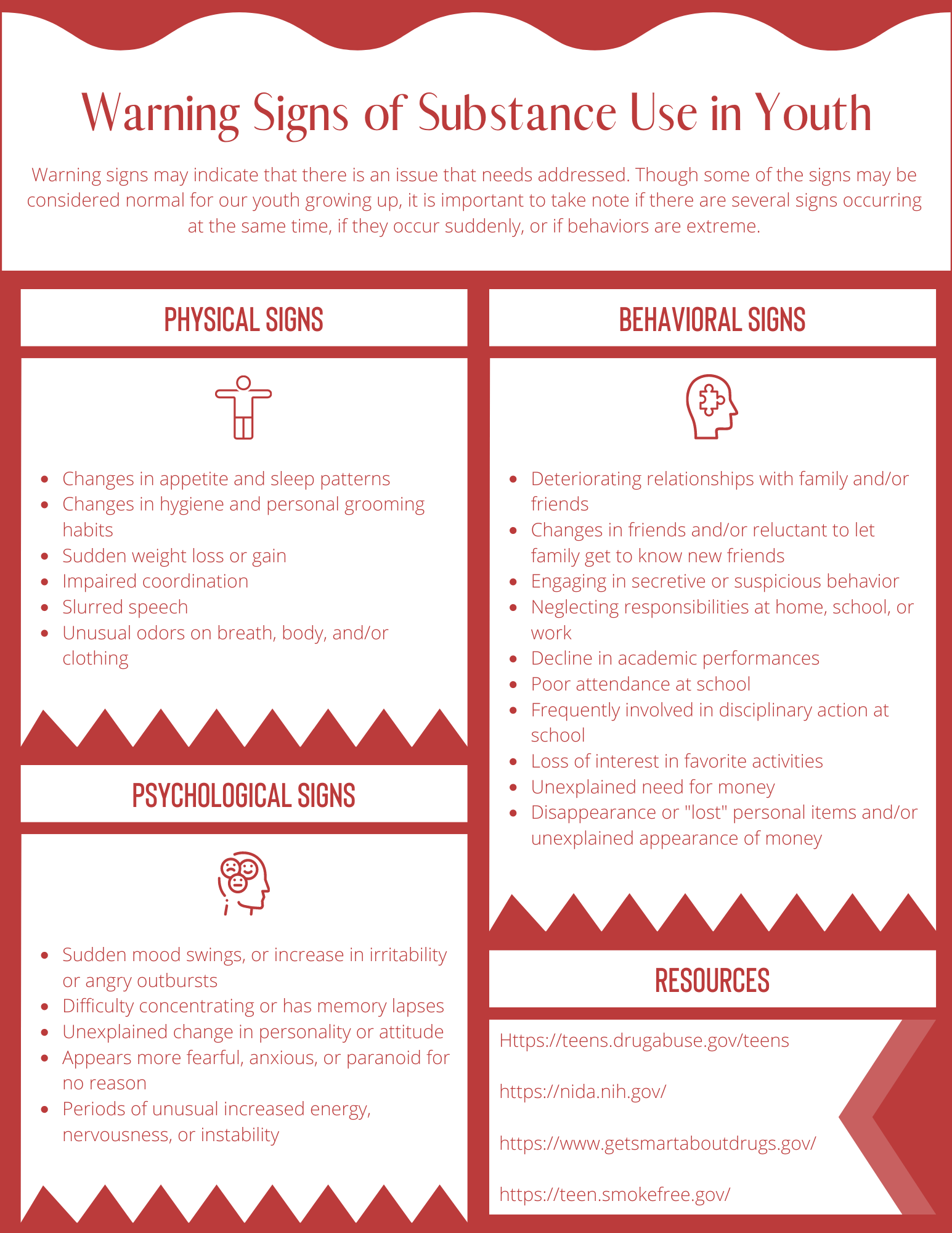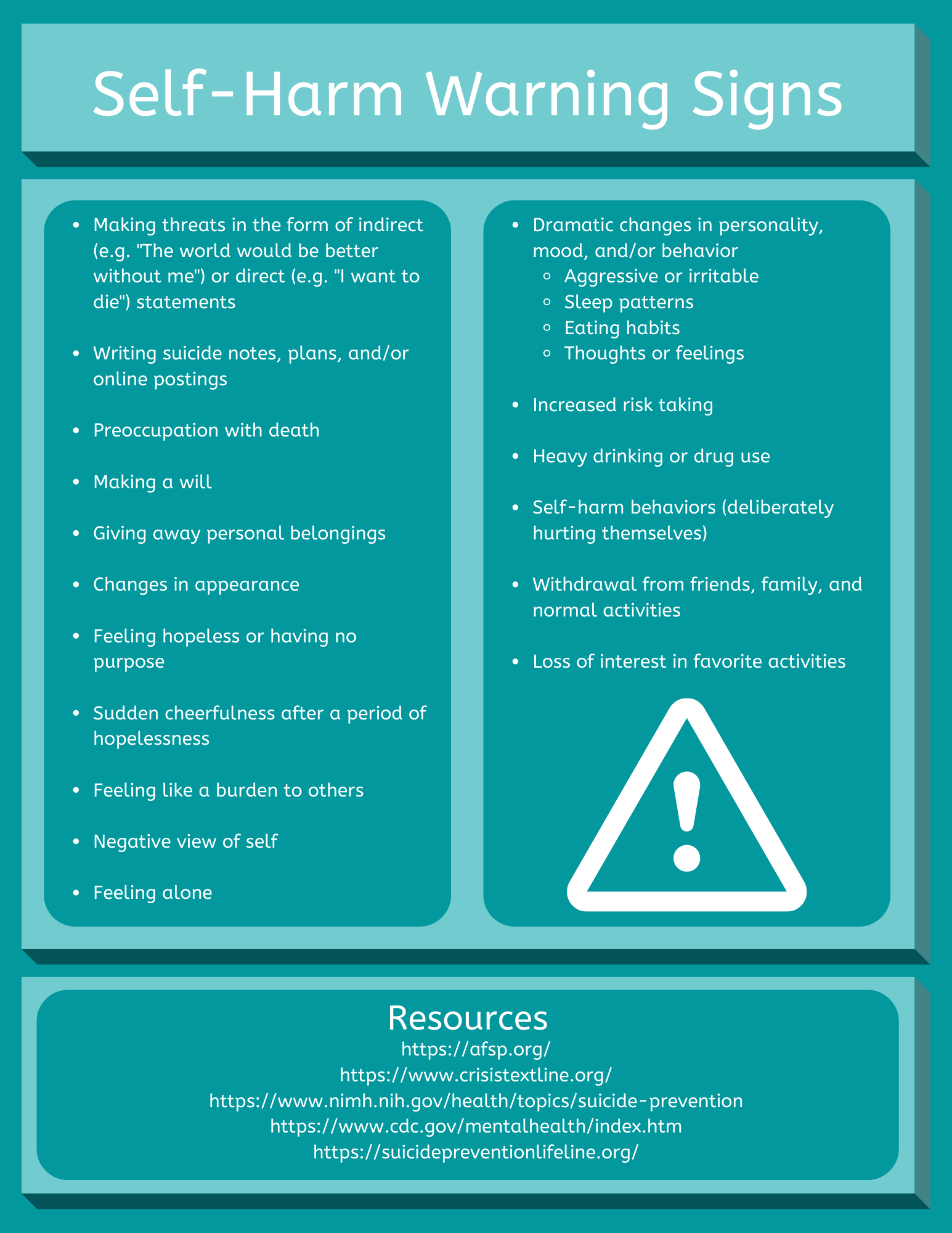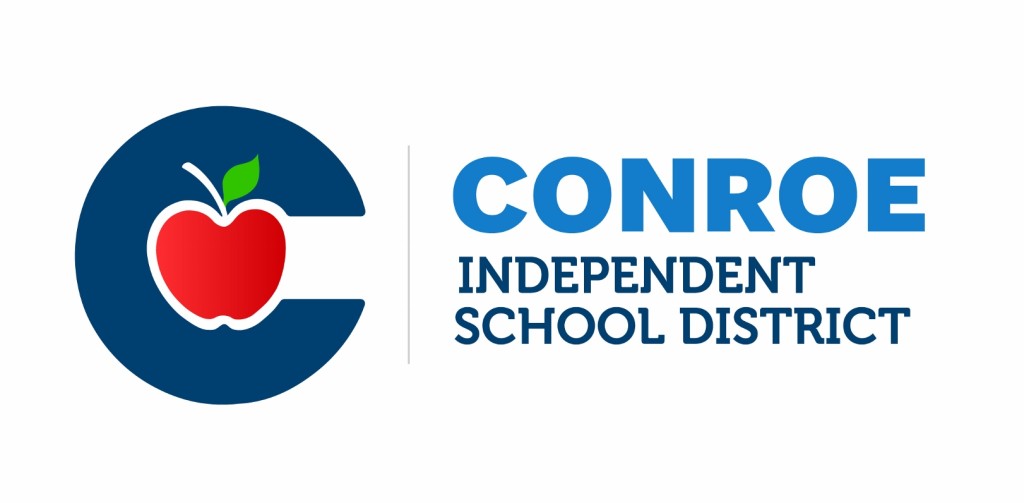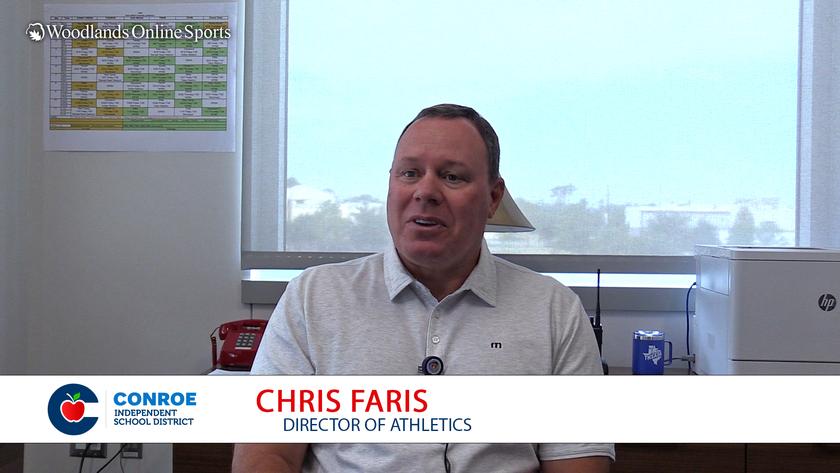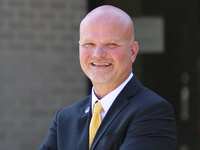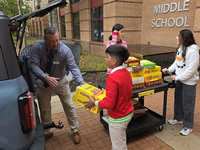- Sections :
- Crime & Public Safety
- Restaurants & Food
- Sports
- More
Categories
Students Under Pressure, Under Fire, Under the Circumstances: A multipart series on local youth in peril, Part 2
[EDITOR’S NOTE: This series addresses the environment, actions, and consequences of Woodlands area youth acting on and reacting to pressures external and self-created, and their resulting responses that adversely affect them and those around them. If you are – or know of – a local youth in need of assistance, Woodlands Online encourages you to seek help from the proper resources discussed in these articles. While the quotes of others are directly transcribed, the views expressed by the author of this series may not necessarily represent those of Woodlands Online or its staff.]
THE WOODLANDS, TX – The grief, pain, and uncomfortableness when discussing the issues of addiction are exacerbated when adding the effect of the condition on our youth. Nine out of ten addictions start in the teenage years, and 13 is the average age of someone attempting drug and/or alcohol use for the first time.
As dangerous and all-encompassing the effect of drugs is when it comes to our underaged students, it is shocking to learn that there is no national programming in schools to teach youth about drug and alcohol abuse.
This, and other facts, were learned by this reporter when sitting down with Denise Cipolla, who recently retired as the Coordinator of Guidance and Counseling for Conroe Independent School District. Ms. Cipolla had spent a full quarter-century as a counselor at CISD; seven years at the main administration headquarters and the 18 years before that at The Woodlands High School.
As a counselor of prestige, Cipolla has seen and experienced every aspect of the fallout of addiction and troubled youth. Unfortunately, one of the last instances she had to handle before her retirement at the end of the school year was the tragic fentanyl-related deaths of two TWHS students at graduation time.
“The particular needs of students and educators alike when dealing with extraordinary circumstances can vary widely due to the size and scope of CISD,” she said, referencing the 65 campuses, 348 square miles, and 68,000 students that comprise the school district. “The Woodlands in particular is often viewed by outsiders as being in a ‘bubble,’ but that is certainly not the case. Even for this master-planned community township, there are issues such as addiction, suicide, and food insecurity within each zone.”
When asked about the seemingly growing local issues that plague our students, Cipolla had a clear answer. “In short, historically and stereotypically ‘high school’ problems are hitting our kids much earlier nowadays,” she said. A primary factor in this is the global reach of social media.
“Every day its reach grows,” she said. “Social media has changed the world, for better and worse. We used to be able to protect our kids more, but now even adults are having the same issues that go along with mass, anonymous communication.”
Cipolla points to the concept of ‘FOMO’ – Fear of Missing Out – as one reason why our youth is so dependent on social media. “It used to be that a plain old day was a good day; today, however, thanks to the media and social media, daily life has become too manic – it’s all or nothing.” Add to that concept the trope of the ‘helicopter parents’ wanting to protect their children while ironically at the same time allowing their children to make traditionally adult decisions on a daily basis, and there is a greater recipe for tragedy.
“There’s a difference between protecting our kids from external influences by their own neglectful parenting skills, and protecting them from anything and everything that might possibly offend them. Kids need to be assured that life doesn’t go our way. When they don’t learn that lesson, they aren’t prepared to handle what used to be everyday troubles when they become adults.”
This is why one of the major support systems in the CISD guidance and counseling department is a focus on resilience, coping strategies, and self-advocacy. “Even in elementary school, we give them the tools to be strong.”
Indeed, a school district of the size and scope of CISD has to be hyper-aware of age-related needs as well as need-based and geographic. Cipolla’s department has made full use of the ‘Comprehensive Guidance Module,’ an individual child-focused program that includes crisis response.
“All of our counselors have a Master's degree in counseling. This past school year we had 171 counselors; this new school year we’ll have ten additional counselors. All of them have been trained to meet the needs of students, parents, and staff.” It was surprising to learn that even childless adults can avail themselves of the services provided by the department.
There is always at least one counselor in each school, with larger campuses getting more (The Woodlands High School, for instance, is home to 14 counselors). There has been a growth of 30 percent in the number of counselors over the past seven years.
“It’s our goal to constantly connect with the community at large. A lot of our CISD departments work together – including our departments of nursing, counseling, outreach, and administration – in a very active sense to plan and discuss student wellbeing.
Returning to the topic of social media, Cipolla stresses how CISD works incessantly to overcome its challenges and more toxic aspects. “A major difference between generations past and this one is that until relatively recently those generational family units lived in the same area. Now, with instant global reach, we’re physically further apart from our support systems.” She credits the programs and staff of the department. “We emphasize that parents should maintain connection with their kids; social media should be more of an event and less of an all-day-every-day situation, and even with parental controls and other technical constraints at home, the kids can be exposed to it practically everywhere away from the house. We encourage parents to let their kids know about the family value system instead of just being exposed to it in a virtual sense.”
Even if there weren’t an ongoing concern over the impact of social media, the ‘in-person’ real world grasp of drugs is still omnipresent. “We are in the midst of a tragic epidemic of fentanyl and other opioids,” said Cipolla. “And there is nowhere near a strong enough awareness of how lethal they are. The students – the children – aren’t equipped to always even know what they’re ingesting. The severity and lethality of these drugs have increased exponentially over the recent past, which makes it doubly insane because the drug dealers are literally killing their source of income.”
The frustration that she feels at the ease of addiction is apparent in Cipolla’s words. “CISD has held several addiction prevention and mental health awareness classes, and very few parents attend. There are clear connections between mental health, emotional health, and emotional maturity; strong emotional health can prevent many mental health issues by virtue of allowing a person to develop a strength from failure.”
The issues of mental and emotional health extend from addiction into the matter of self-harm and suicide. “We have speakers come in – everyone from medical professionals discussing research on the damage to brains from addiction to athletes who ruined their own careers over addiction issues – and we would love to see more parents attend. We need to encourage people to come forth and avail themselves of the mandatory suicide prevention training that takes place each year for our staff. We need to overcome the fallout from these issues of self-harm – whether by addiction or suicide or other self-abuse – by involving entire families and the community in general.”
Despite the frustration, Cipolla prepared to leave her department and face her retirement secure in the knowledge that there were great resources and strong relationships left to continue to tackle the issues. “Matt Blakelock, the CISD chief of police, is a phenomenal presence very well trained in mental health response, and Constable Ryan Gable also provides great training,” she said. “The people who remain in the department – including our professional mental health specialist Lindsey Taylor, our director nursing Barbara Robertson, and my replacement Mamie Miller Prejean – are incredibly dedicated and professional and ready to keep the department running smoothly. I take great pride that each counselor is engaged and involved.”
Additionally, Cipolla has only good things to say about the resource NaturalHigh.org, and encourages parents to take advantage of the information it provides. We can overcome these issues for the sake of our students by getting involved.”
In the next installment of Students Under Pressure, Under Fire, Under the Circumstances, Lt. Scott Spencer and Sheriff Rand Henderson of the Montgomery County Sheriff’s Office, discuss the legal ramifications of illicit drug use and addiction.
Part 2: An interview with retired CISD Guidance & Counseling expert Denise Cipolla
THE WOODLANDS, TX – The grief, pain, and uncomfortableness when discussing the issues of addiction are exacerbated when adding the effect of the condition on our youth. Nine out of ten addictions start in the teenage years, and 13 is the average age of someone attempting drug and/or alcohol use for the first time.
As dangerous and all-encompassing the effect of drugs is when it comes to our underaged students, it is shocking to learn that there is no national programming in schools to teach youth about drug and alcohol abuse.
This, and other facts, were learned by this reporter when sitting down with Denise Cipolla, who recently retired as the Coordinator of Guidance and Counseling for Conroe Independent School District. Ms. Cipolla had spent a full quarter-century as a counselor at CISD; seven years at the main administration headquarters and the 18 years before that at The Woodlands High School.
As a counselor of prestige, Cipolla has seen and experienced every aspect of the fallout of addiction and troubled youth. Unfortunately, one of the last instances she had to handle before her retirement at the end of the school year was the tragic fentanyl-related deaths of two TWHS students at graduation time.
“The particular needs of students and educators alike when dealing with extraordinary circumstances can vary widely due to the size and scope of CISD,” she said, referencing the 65 campuses, 348 square miles, and 68,000 students that comprise the school district. “The Woodlands in particular is often viewed by outsiders as being in a ‘bubble,’ but that is certainly not the case. Even for this master-planned community township, there are issues such as addiction, suicide, and food insecurity within each zone.”
When asked about the seemingly growing local issues that plague our students, Cipolla had a clear answer. “In short, historically and stereotypically ‘high school’ problems are hitting our kids much earlier nowadays,” she said. A primary factor in this is the global reach of social media.
“Every day its reach grows,” she said. “Social media has changed the world, for better and worse. We used to be able to protect our kids more, but now even adults are having the same issues that go along with mass, anonymous communication.”
Cipolla points to the concept of ‘FOMO’ – Fear of Missing Out – as one reason why our youth is so dependent on social media. “It used to be that a plain old day was a good day; today, however, thanks to the media and social media, daily life has become too manic – it’s all or nothing.” Add to that concept the trope of the ‘helicopter parents’ wanting to protect their children while ironically at the same time allowing their children to make traditionally adult decisions on a daily basis, and there is a greater recipe for tragedy.
“There’s a difference between protecting our kids from external influences by their own neglectful parenting skills, and protecting them from anything and everything that might possibly offend them. Kids need to be assured that life doesn’t go our way. When they don’t learn that lesson, they aren’t prepared to handle what used to be everyday troubles when they become adults.”
This is why one of the major support systems in the CISD guidance and counseling department is a focus on resilience, coping strategies, and self-advocacy. “Even in elementary school, we give them the tools to be strong.”
Indeed, a school district of the size and scope of CISD has to be hyper-aware of age-related needs as well as need-based and geographic. Cipolla’s department has made full use of the ‘Comprehensive Guidance Module,’ an individual child-focused program that includes crisis response.
“All of our counselors have a Master's degree in counseling. This past school year we had 171 counselors; this new school year we’ll have ten additional counselors. All of them have been trained to meet the needs of students, parents, and staff.” It was surprising to learn that even childless adults can avail themselves of the services provided by the department.
There is always at least one counselor in each school, with larger campuses getting more (The Woodlands High School, for instance, is home to 14 counselors). There has been a growth of 30 percent in the number of counselors over the past seven years.
“It’s our goal to constantly connect with the community at large. A lot of our CISD departments work together – including our departments of nursing, counseling, outreach, and administration – in a very active sense to plan and discuss student wellbeing.
Returning to the topic of social media, Cipolla stresses how CISD works incessantly to overcome its challenges and more toxic aspects. “A major difference between generations past and this one is that until relatively recently those generational family units lived in the same area. Now, with instant global reach, we’re physically further apart from our support systems.” She credits the programs and staff of the department. “We emphasize that parents should maintain connection with their kids; social media should be more of an event and less of an all-day-every-day situation, and even with parental controls and other technical constraints at home, the kids can be exposed to it practically everywhere away from the house. We encourage parents to let their kids know about the family value system instead of just being exposed to it in a virtual sense.”
Even if there weren’t an ongoing concern over the impact of social media, the ‘in-person’ real world grasp of drugs is still omnipresent. “We are in the midst of a tragic epidemic of fentanyl and other opioids,” said Cipolla. “And there is nowhere near a strong enough awareness of how lethal they are. The students – the children – aren’t equipped to always even know what they’re ingesting. The severity and lethality of these drugs have increased exponentially over the recent past, which makes it doubly insane because the drug dealers are literally killing their source of income.”
The frustration that she feels at the ease of addiction is apparent in Cipolla’s words. “CISD has held several addiction prevention and mental health awareness classes, and very few parents attend. There are clear connections between mental health, emotional health, and emotional maturity; strong emotional health can prevent many mental health issues by virtue of allowing a person to develop a strength from failure.”
The issues of mental and emotional health extend from addiction into the matter of self-harm and suicide. “We have speakers come in – everyone from medical professionals discussing research on the damage to brains from addiction to athletes who ruined their own careers over addiction issues – and we would love to see more parents attend. We need to encourage people to come forth and avail themselves of the mandatory suicide prevention training that takes place each year for our staff. We need to overcome the fallout from these issues of self-harm – whether by addiction or suicide or other self-abuse – by involving entire families and the community in general.”
Despite the frustration, Cipolla prepared to leave her department and face her retirement secure in the knowledge that there were great resources and strong relationships left to continue to tackle the issues. “Matt Blakelock, the CISD chief of police, is a phenomenal presence very well trained in mental health response, and Constable Ryan Gable also provides great training,” she said. “The people who remain in the department – including our professional mental health specialist Lindsey Taylor, our director nursing Barbara Robertson, and my replacement Mamie Miller Prejean – are incredibly dedicated and professional and ready to keep the department running smoothly. I take great pride that each counselor is engaged and involved.”
Additionally, Cipolla has only good things to say about the resource NaturalHigh.org, and encourages parents to take advantage of the information it provides. We can overcome these issues for the sake of our students by getting involved.”
In the next installment of Students Under Pressure, Under Fire, Under the Circumstances, Lt. Scott Spencer and Sheriff Rand Henderson of the Montgomery County Sheriff’s Office, discuss the legal ramifications of illicit drug use and addiction.
Comments •

